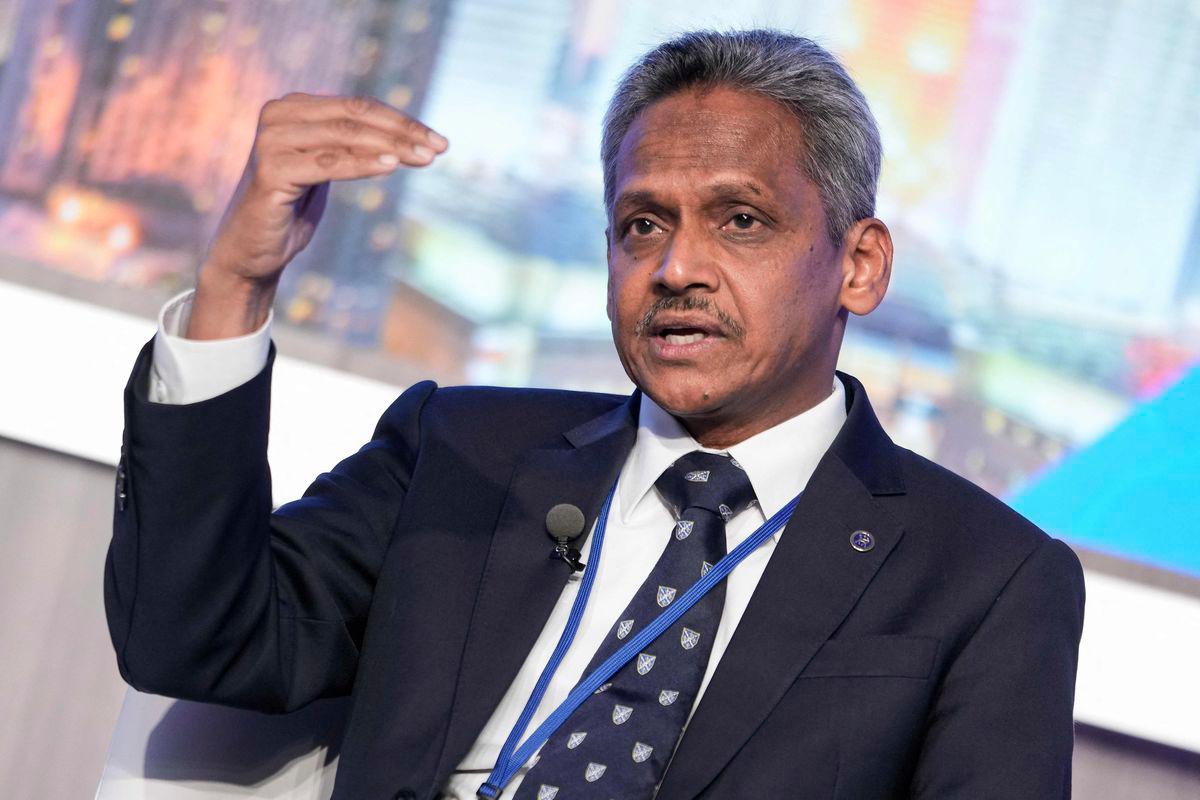KUALA LUMPUR: Malaysia’s ongoing structural reforms to ensure long-term resilience are critical to defend the economy against global shocks, Bank Negara Malaysia (BNM) Governor Datuk Seri Abdul Rasheed Ghaffour said during an exclusive interview with Bernama.
He said Malaysia’s foresight enabled the country to weather these shocks, such as the ravaging COVID-19 pandemic five years ago and impending challenges brought on by the United States’ imposition of tariffs.
He said Malaysia’s endeavour to push for social equity and fiscal sustainability has also reinforced the economy and elevated it to a position of strength. This includes preparing a future-ready workforce and enhancing social protection systems.
Malaysia’s foresight in undertaking financial and economic reforms over the decades has helped strengthen the nation’s economic fundamentals, enabling the country to weather uncertainties.
“Where we are today, the position of strength that we have, our ability to weather the pandemic and tariff developments, comes from our previous structural reforms. That is why we need to really continue on this path,” he said.
Abdul Rasheed emphasised that the government’s commitment to reform, particularly through rebuilding fiscal space, is important for the government to support the economy effectively during challenging periods.
He also commended the government’s implementation of key national strategies, including the National Investment Aspirations (NIA), New Industrial Master Plan 2030 (NIMP), National Energy Transition Roadmap (NETR) and National Semiconductor Strategy (NSS), as initiatives which attracted quality investments and generated high-paying job opportunities.
Key to this, he said, are policies to attract high-quality investments that increase economic complexity, create high-value jobs, extend domestic linkages, develop economic clusters and improve inclusivity, in line with the NIA.
As evidence, Malaysia has recorded a historic high of approved investments amounting to RM378.5 billion in 2024, he said.
“We want high-quality investments that create high-quality jobs, high-income jobs and have strong domestic linkages.
“That also creates complexity in the economy. This is what Malaysia needs, and the plans have all these elements,” he said.
He added that it is also important for Malaysia to embark on the next phase of reforms.
Beyond creating new, higher-paying jobs, the central bank governor said Malaysia needs to create a more agile and future-ready workforce through labour market reforms, while enhancing the nation’s social protection systems.
“The country is working hard to attract quality investments, which will in turn create high-quality and high-income jobs. Our workforce must be ready for this, and so will need to be re-skilled and up-skilled.
“The education system must evolve in tandem to better prepare Malaysians for an increasingly digital and knowledge-driven economy,” he said.
On social security, Abdul Rasheed stressed the need to improve the design and targeting of assistance programmes to ensure inclusivity, maximise impact, and ensure that objectives are being met.
He highlighted that funding for these education, healthcare, social protection and other initiatives can be further strengthened by channelling savings from fiscal consolidation efforts, including rationalising subsidies.
He also said that the government remains committed to reforms, and at the same time, acknowledges the challenges faced by certain segments of the rakyat. These include facing ongoing cost-of-living pressure.
He said that targeted rollout of measures, alongside supportive measures, can help ease the transition.
On July 23, Prime Minister Datuk Seri Anwar Ibrahim announced a cost-of-living relief package, which includes a one-off RM100 SARA cash aid, a reduction in the RON95 fuel price, toll hike postponements and an expanded Rahmah Madani Sales allocation. - Bernama









